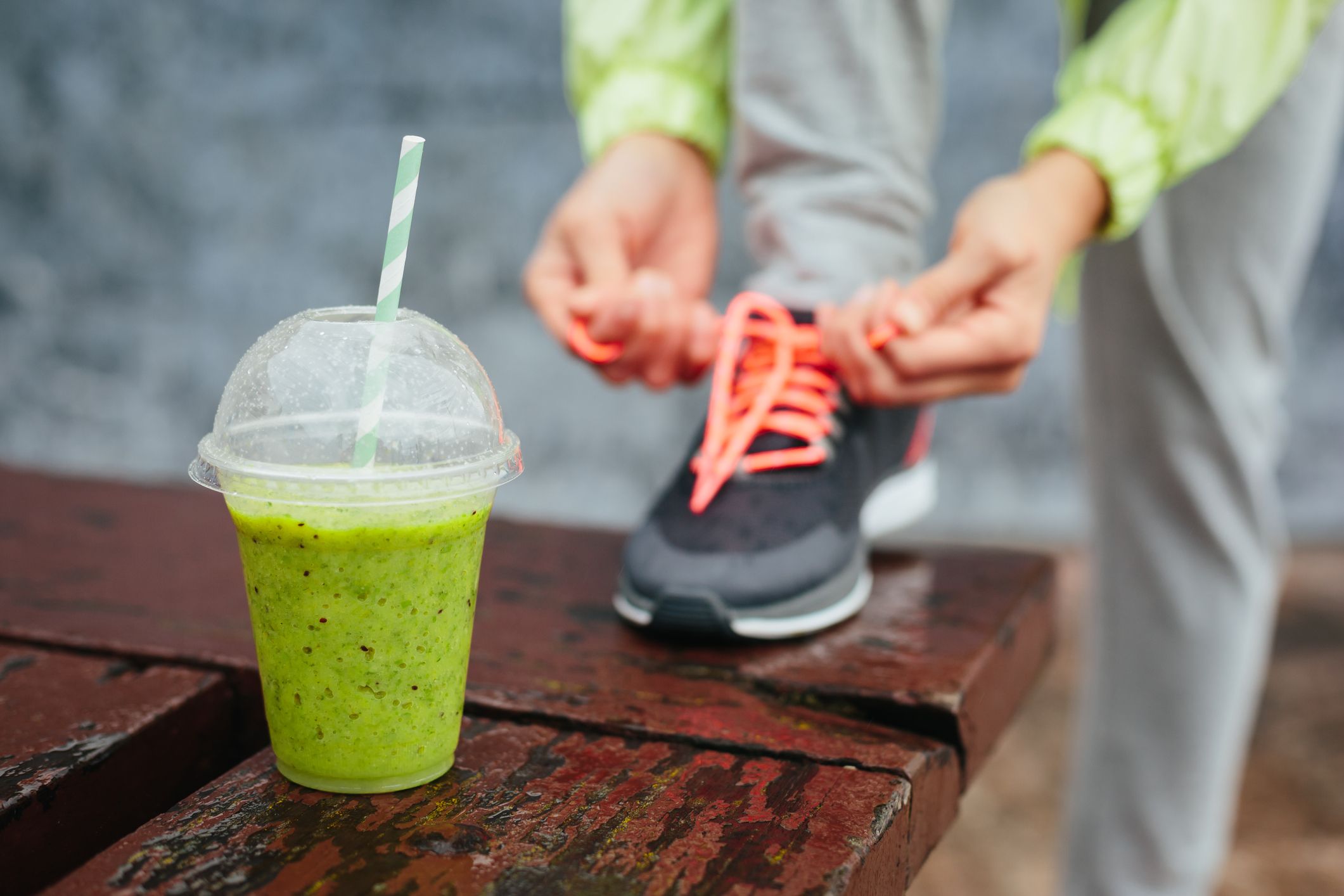Working Out And Intermittent Fasting: The Healthy Way

While the intermittent fasting frenzy does seem to be receiving a lot more coverage, much of this style of living is indeed not unfamiliar. There is a wide range of research and anecdotal evidence on how to make intermittent fasting effective, particularly if you would want to work out while doing it.
Have a look at what fitness experts on Fitlov had to suggest on how to work out when fasting:
- Decide the kind of exercise you could be doing depending on your macros.
It is indeed necessary to focus on the macronutrients you consume the day before and after you work out. Strength training, for instance, necessitates additional carbs on the day of the workout, while cardio/HIIT [high-intensity interval training] may be performed on a lower carb day, she states.
- To develop or sustain strength, eat the right foods after your workout.
The simplest way to combine intermittent fasting and fitness is to schedule your exercises during your eating cycles so that your nutrition levels are at their highest.
It is also essential for your body to have protein after a heavy lifting exercise to help in restoration. Following some strength training, it is suggested to consume carbs with about 20 grams of protein within 30 minutes after the workout.
How can you work out safely while fasting?
Any weight loss or fitness program’s effectiveness is determined by how safe it is to maintain over time. Stay in the safe zone if your ultimate target is to lose a few pounds and improve your wellness whilst practising intermittent fasting.
Here are some expert tips to assist you in doing so:
1.Closely follow your moderate- to high-intensity exercise with a meal.
This is where the importance of meal planning comes into play. It is crucial to eat prior to a low- or high-intensity exercise. As a result, your body will have some glycogen reserves to draw from to fuel your exercise.
2.Keep yourself hydrated.
It is worthwhile to acknowledge that fasting does not imply dehydration. Hence, it is strongly advised to drink more water while fasting.
3.Respond positively and listen to your body.
When exercising during intermittent fasting, the most crucial point to remember is to listen to your body. If you begin to feel disorientated, it is indeed likely that you have low blood sugar or are dehydrated. If that is the case, start with a carbohydrate-electrolyte drink and have a well-balanced meal thereafter.
4.Consider the type of fast you will be following.
If you are doing a 24-hour fasting window, it is recommended to practice low-intensity work-outs such as:
- walking
- restorative yoga
- gentle Pilates
However, since most of the 16-hour fasting window is spent in the evening, sleeping, and early in the morning if you are doing the 16:8 fast, sticking to a certain form of workout is not as important.
